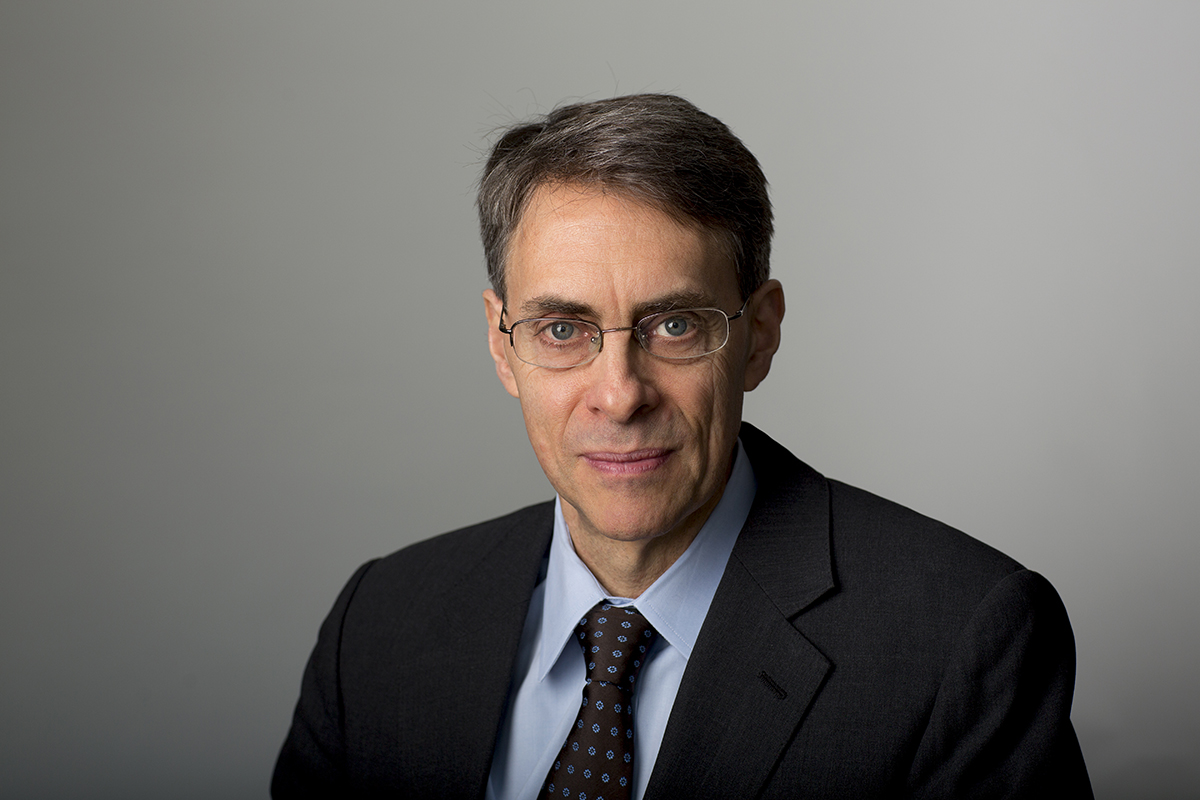Kenneth Roth is the executive director of Human Rights Watch, one of the world’s leading international human rights organizations, which currently operates in more than 90 countries. Prior to joining Human Rights Watch in 1987, Roth served as a federal prosecutor during the Iran-Contra investigation.
BPR: Many nations argue that the concept of human rights is a Western construct used selectively to justify foreign interventions and policy decisions. Do you agree?
KR: The idea that human rights are Western impositions is a line that authoritarian governments love to use. I have travelled widely and never met someone who wants to be executed. I have never met someone who wants to be arbitrarily tortured or deprived of the right to lead a basic life of freedom. The idea that these concepts are imposed from the West is just a convenient excuse to ignore a government’s efforts to prevent people from leading the lives that they want to lead. Areas where you get the most kind of dissonance tend to be around the rights of women, sexual minorities, and religious freedom. Those tend to be areas around which there are still significant cultural gaps. But even then you have to look at the way that the human rights movement approaches these issues. If a woman wants to lead a more sequestered life under the shadow of her husband or father, that’s her choice. But where the human rights movement comes in is when the woman does want to lead a meaningful life, when she wants to step out of a discriminatory, repressive regime. We stand with that woman. So the imposition is not a Western imposition; it’s very much a local imposition trying to prevent the woman from leading an equal life. And the human rights movement comes in on behalf of the victim of that local repression.
BPR: What is your opinion about the US involvement — or lack thereof — in the Syrian Civil War?
KR: I think John Kerry has been going about negotiations backwards. There’s broad agreement these days that an abrupt departure by Assad could lead to the crumbling of the Syrian state. Most people agree that you want to manage a transition rather than have an abrupt transition. And that means that the opposition in Syria is being asked to accept Assad in some kind of interim role. But [the opposition], understandably, say that it’s not going to accept Assad at all while he continues to barrel bomb its cities and torture and execute its prisoners. [The Syrian opposition] is looking for an end to those atrocities as a condition. John Kerry never really pushes that agenda. He says let’s make peace, but he’s not going to get peace. The only way is to put strong public pressure on the two countries that have influence over Assad, which are Russia and Iran – something Kerry is extremely reluctant to do. He treats Russia as a partner in dealing with the Syrian Civil War, which is part of the problem. That has backfired.
BPR: Many critics of the United Nations argue that it has become a corporatized international system, powerless in mediating political conflict. What is the Human Rights Watch’s relationship with the UN?
KR: In terms of our relationship, the Human Rights Watch works closely with different elements of the United Nations, sometimes encouraging it to act or sometimes lobbying within it, but we do devote significant efforts to the UN Security Council in New York and to the Human Rights Council in Geneva. With the UN, you really have to distinguish the role it plays. On the one hand, it has an operational role like the UN Peacekeepers, which are big, running operations in the field that deliver services and play important roles. You can criticize them at times. Then there’s the United Nations conference room, where the governments of the world meet, and that’s the political body of the UN. You can’t really criticize a conference room, but you can criticize the governments that meet in the conference room. There are, as you can expect, governments that are more or less interested in promoting human rights and more or less concerned with their own national interest or a broader global interest. Sometimes the UN performs well and sometimes it performs miserably. One of the problems these days is that in the Security Council, the use of the veto to block significant action in the face of monstrosities has left the UN looking toothless. On the other hand, the UN has done a lot of good in places like the Central African Republic and South Sudan. We can’t make grandiose statements about the UN because we have to assess it case by case.
BPR: You have worked in a variety of positions in the private, public, and nonprofit sectors. Which of these outlets is the most effective in actually implementing substantial policy to take action against human rights abuse?
KR: I have devoted my career mainly to an NGO. I like the independence that comes with that, but we also often work with governments. There is a significant role for governments in human rights, and it’s more a matter of personal choice as to where one wants to devote their career. I’m very happy with the choice I made to work for the Human Rights Watch. When I left law school, I did consider government for a while. I always thought about going to the State Department. But that was when Ronald Reagan came into office, and he was basically shredding Jimmy Carter’s approach to human rights, so the State Department didn’t seem like a sustainable place for efforts to promote human rights.
